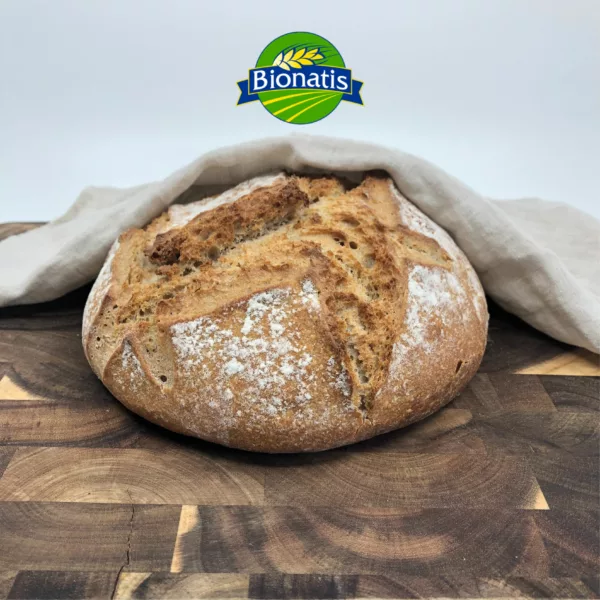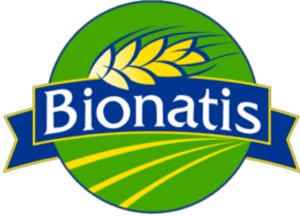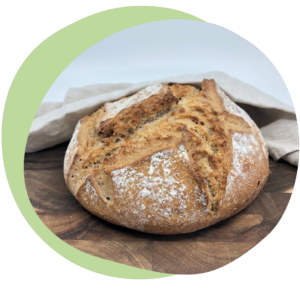
Discover our Posidonia salt bread

Health is a major concern for the French when it comes to food. Indeed, the “good for health” criterion comes in second place in the criteria for choosing a food product*. However, the French do not abandon the pleasure dimension: they seek to combine these two components, which emerge as the main dimensions of eating well. 29% consider that “eating healthy” is the first criterion for “eating well” ahead of “eating good” (23%) **.
To meet these expectations, the food market is constantly innovating to offer products that are as healthy as possible.
Salt, an essential ingredient in most of our meals, is harmful to health, in particular because it contributes, among other things, to the development of cardiovascular diseases. Manufacturers then seek to reduce the salt content of their products.
 What is Posidonia salt?
What is Posidonia salt?
Harvested on the island of Formentera, this sea salt contains only 8% sodium. This is due to a natural process where oceanic posidonia (an underwater plant) filters and purifies the seawater present in the salt pans. Thus, Posidonia salt has a reduced sodium content, without impacting quality and taste.
 Discover our Posidonia salt bread by Bionatis
Discover our Posidonia salt bread by Bionatis
Bionatis was created in 2002 in the Monts du Lyonnais by Jean-Marc Ambroisy (baker) and Thierry Delbosco. Both are committed to organic farming, with a concern for healthy eating and respect for the environment. Their offer ? Premium organic bread baked in a stone hearth oven and sourdough made on site.
 Baked on a stone base and presented in a ball format, this bread with a reduced salt content is scrupulously prepared thanks to the choice of ingredients, to guarantee a delicious product:
Baked on a stone base and presented in a ball format, this bread with a reduced salt content is scrupulously prepared thanks to the choice of ingredients, to guarantee a delicious product:
- Posidonia salt: containing only 8% sodium, it reduces the salt content of bread while preserving the taste
- Soft and slightly honeycombed crumb
- Specific process: high hydration and long fermentation
- Cooking on a stone base: gives our products a crunchy crust
- French manufacturing: Auvergne - Rhône - Alpes region
*Kantar World Panel 2022
**Food process, March 2023